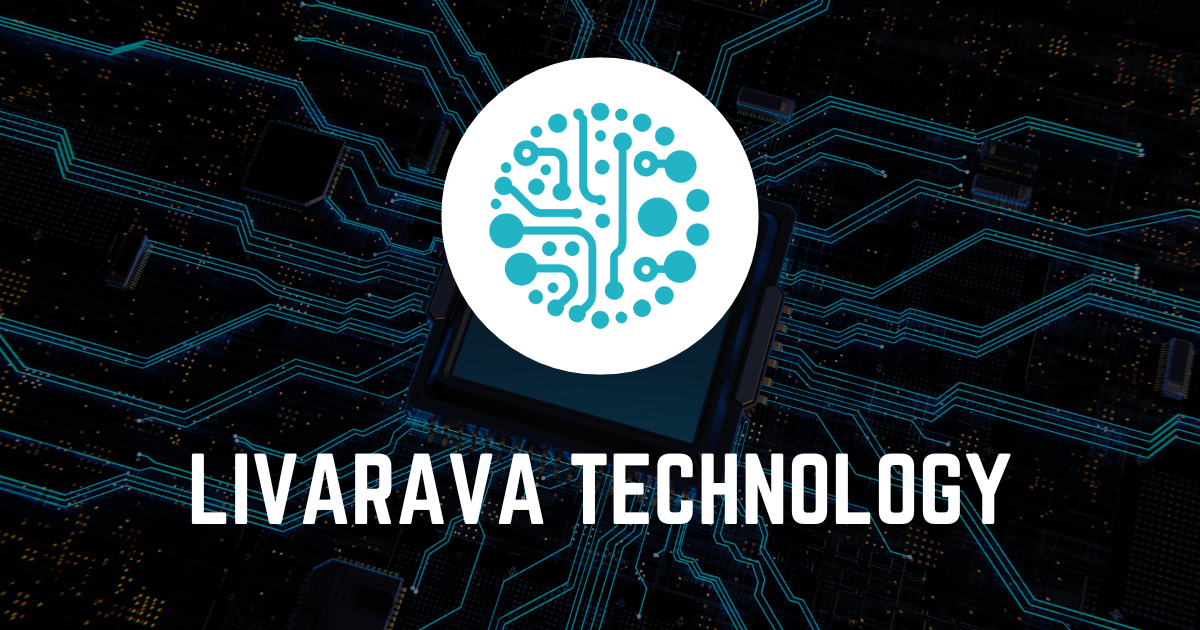A Comprehensive Guide to the E.U. AI Act and Its Implications

A Guide to the E.U. AI Act
The E.U. AI Act establishes new bodies to oversee its implementation, such as the AI Office and the European Artificial Intelligence Board. These organizations ensure consistent application and provide support to various stakeholders involved in AI.
Key Objectives of the AI Act
- The Act aims to enhance trust in AI systems.
- It seeks to bolster innovation while safeguarding against risks.
- Establish clear guidelines and compliance for AI developers.
Conclusion
In conclusion, the E.U. AI Act represents a pivotal step towards regulating artificial intelligence. It establishes essential oversight mechanisms that will shape the future of AI development within the EU.
This article was prepared using information from open sources in accordance with the principles of Ethical Policy. The editorial team is not responsible for absolute accuracy, as it relies on data from the sources referenced.